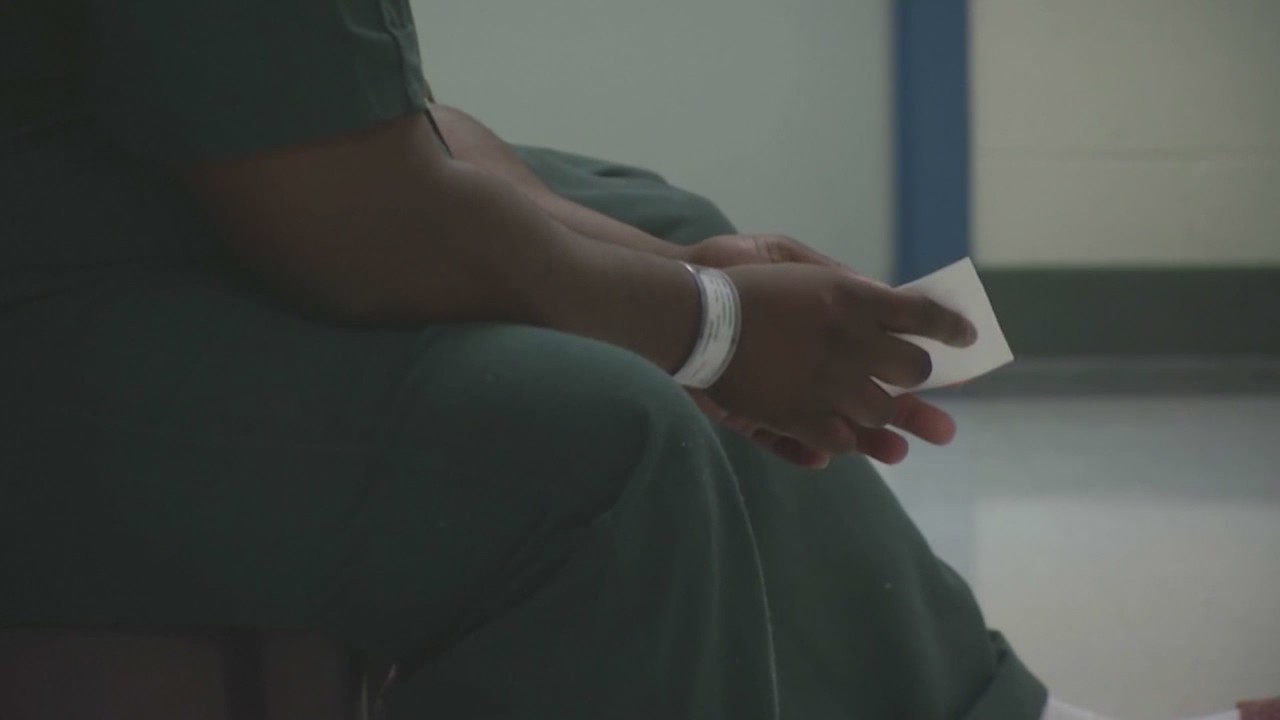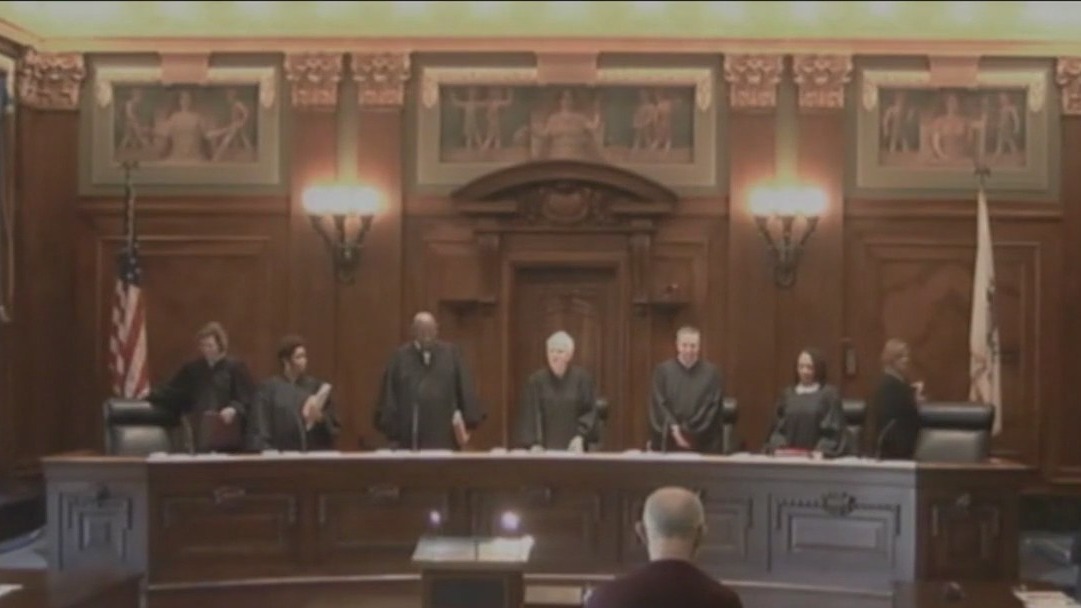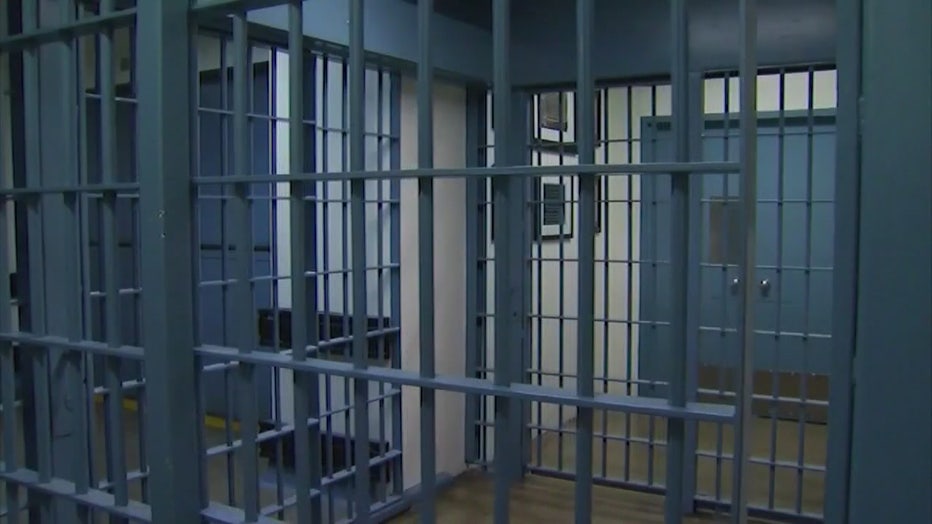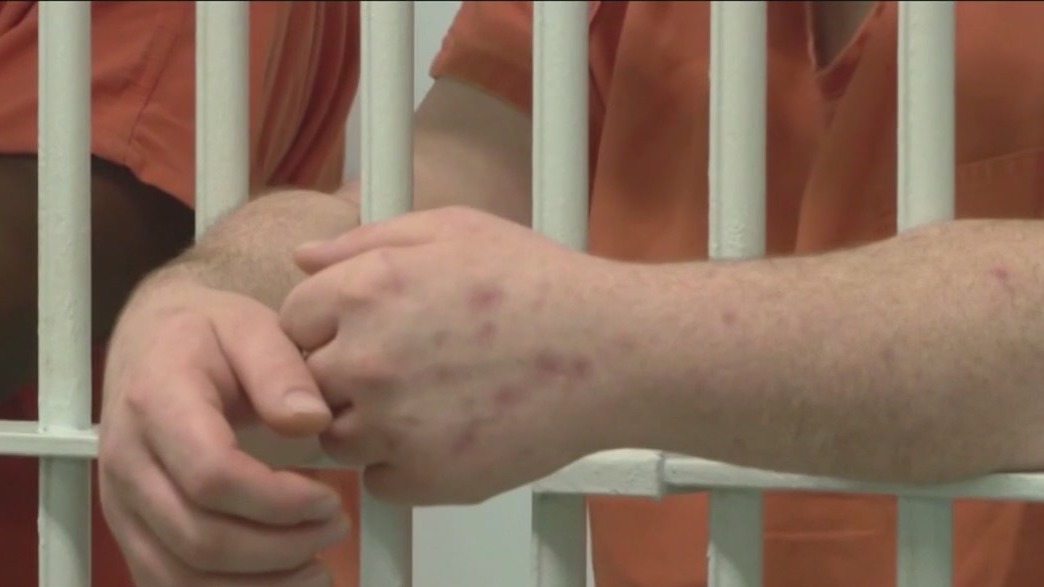Illinois Supreme Court rules SAFE-T Act's cashless bail constitutional

Illinois Republicans voice concern over Safe-T Acts cash bail elimination
The Illinois Supreme Court ruled Tuesday the cash bail elimination provision of the SAFE-T Act was constitutional after putting the legislation on hold for eight months after it was supposed to go into effect.
SPRINGFIELD, Ill. - The Illinois Supreme Court ruled Tuesday the cash bail elimination provision of the SAFE-T Act was constitutional after putting the legislation on hold for eight months after it was supposed to go into effect.
The ruling overturns a Kankakee County judge's opinion in December that the law violated the constitution's provision that "all persons shall be bailable by sufficient sureties."
Supreme Court Chief Justice Mary Ann Theis delivered the court's opinion, approved 5-2, saying that the constitution "does not mandate that monetary bail is the only means to ensure criminal defendants appear for trials or the only means to protect the public."
The law will now go into effect on Sept. 18.
FOX 32 spoke Tuesday with Democratic state lawmaker Kam Buckner, an attorney who told us that cashless bail has always been about more than just the money.
"We are finally creating a system that is based on justice and not on money," he said. "We’re finally creating a system that is based on what you did and not what you have."
Soon after the Supreme Court handed down its ruling, Republican Illinois Senate Minority Leader John Curran called for a special session in Springfield sometime before the SAFE-T Act becomes law on September 18. He has concerns implementing the law in smaller communities where resources are already strained.
"We’re going to have people slipping through the cracks that should be detained that are risks to the public, that are going to be out on other conditions, re-committing crimes and quite frankly, crimes of greater severity that are going to harm people throughout our community. So that is something we should address," Curran said.
FOX 32 asked Representative Buckner if he believed there remains language within the SAFE-T Act worth re-examining in a special session before September 18. He says he doesn’t believe there is a need for a special session.
"We have done the work to get us here. We let the court do their job and they did their job," Buckner said.

Illinois Supreme Court clears way for state to become to end cash bail with landmark new law
With Illinois being the first state to eliminate cash bail, there are questions still waiting to be answers. FOX 32 political reporter Scott Schneider breaks down the provision.
In 2022, Illinois lawmakers passed the controversial SAFE-T Act. Last December, a Kankakee County judge agreed with state’s attorneys in 65 Illinois counties who filed a lawsuit arguing that eliminating cash bail is unconstitutional.
The law eliminates the cash bail system currently used in court which let those who could afford it could pay their way out of jail while others who could not make bond would remain in jail.
The SAFE-T Act lets judges decide who gets pretrial release and who should be held in custody.

Illinois Supreme Court upholds cash-free bail in Illinois, which takes effect in September
The state Supreme Court on Tuesday upheld the constitutionality of a state law ending cash bail and ordered implementation in mid-September, giving Illinois one of the more expansive bail overhauls nationally.
Advocates argued cash bail unfairly impacts minorities and poor people, sometimes keeping them locked up for petty offenses.
At issue for the justices was whether lawmakers in Springfield overstepped their authority when they took away a judge’s pre-trial decision on whether a defendant should be forced to pay a cash bond to guarantee a return to court.
SUBSCRIBE TO FOX 32 ON YOUTUBE
Gov. J.B. Pritzker released the following statement on the Illinois Supreme Court's decision:

"I’m pleased that the Illinois Supreme Court has upheld the constitutionality of the SAFE-T Act and the elimination of cash bail. We can now move forward with historic reform to ensure pre-trial detainment is determined by the danger an individual poses to the community instead of by their ability to pay their way out of jail. My thanks to Attorney General Raoul’s office and the many people who worked tirelessly over the last months to defend these important reforms. I look forward to continuing to work with the General Assembly and our many other partners as we transition to a more equitable and just Illinois."
Chicago Mayor Brandon Johnson also applauded the high court's decision:
"Today, the Illinois Supreme Court upheld the Pretrial Fairness Act, ensuring that a person's ability to pay cash bail does not unfairly dictate their presumption of innocence in the court system.

Illinois Supreme Court rules cashless bail constitutional
The Illinois Supreme Court ruled Tuesday that cashless bail is constitutional. Lake County State's Attorney Eric Rinehart, a supporter of cashless bail, joined Good Day Chicago to unpack the decision.
Cash bail does not make communities safer, and it never has; it has simply exacerbated existing inequities and disparities in the criminal legal system. Pretrial detention, as a result of the inability to pay bail, further decimates communities that have long been most impacted by mass incarceration, and the destabilization of households and families.
I am grateful that we can move forward to implement this legislation to uphold justice and equity."
After the Kankakee judge’s decision, the Supreme Court stepped in hours before the law was set to take effect and put the law on hold, concerned that having different pretrial rules in different Illinois counties would create chaos.
Law enforcement officials across the state predicted dangerous criminals would be let go, threatening public safety.
FOX 32 Legal Analyst Karen Conti said that narrative doesn’t hold up under scrutiny.
"Studies here all show that when they have eliminated cash bail or really diminished it, the recidivism rate is not any higher," Conti said. "The crime rates are not any higher, so I don't think this is going to be releasing dangerous people into our universe."
The Associated Press contributed to this report.

